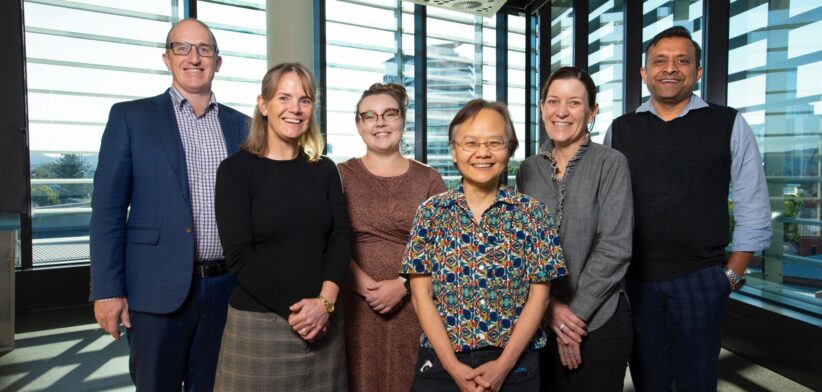Artificial intelligence will be used to better understand wheezing in young children and prevent the unnecessary use of asthma medication.
QUT Professor Anne Chang has received a $2.5m grant to lead a project to improve outcomes for preschool children with recurrent wheezing.
Professor Chang, from the Brisbane-based university’s School of Public Health & Social Work said that although wheezing in preschool children was common, doctors and parents disagreed more than 50 per cent of the time on whether wheezing was present in a child.
“This may cause under- or over-diagnosis of asthma and lead to over- or underuse of medications, with children having to undergo unnecessary procedures and high parental anxiety,” Professor Chang said.
“However, it would be poor practice to give all children asthma medication which can have adverse effects,” she said.
“Our multicentre study will address the need to manage recurrent preschool wheezing (PSW) by objectively identifying it with an AI-developed tool (WheezeScan), and an appropriate management plan.
“In addition, our planned discovery arm based on pilot data, using blood gene expression markers and saliva extracellular vesicles (will) address the need for a reliable biomarker.”
The project will recruit 206 children with recurrent PSW from hospitals and community clinics, including from remote Indigenous clinics to test the intervention of definitive wheeze identification followed by appropriate management.
“The primary aim is to reduce unscheduled doctor visits and other clinically important outcomes – hospitalisation, time to next unscheduled doctor visit, improved quality of life,” Professor Chang said.
The study will be conducted in Brisbane, Indigenous Outreach clinics, Sydney, Melbourne, Perth and Darwin.








